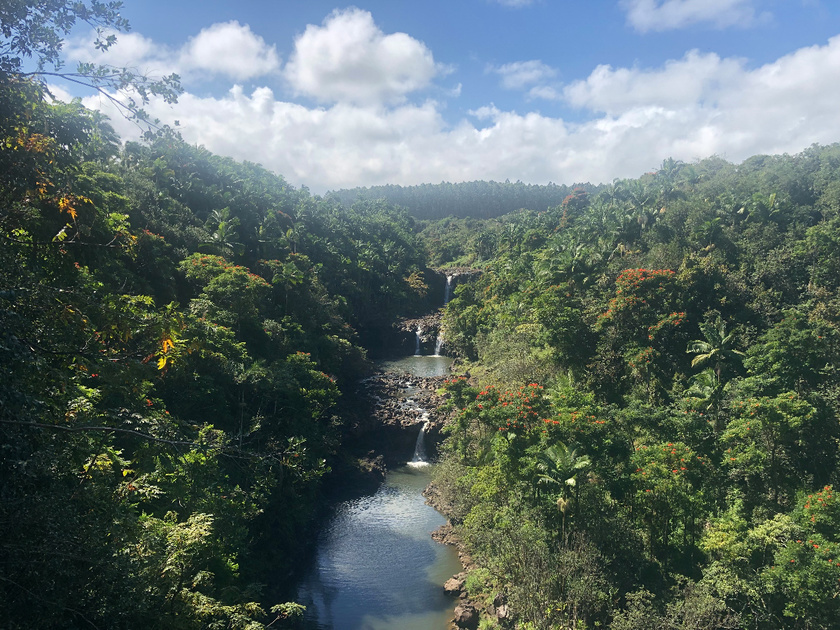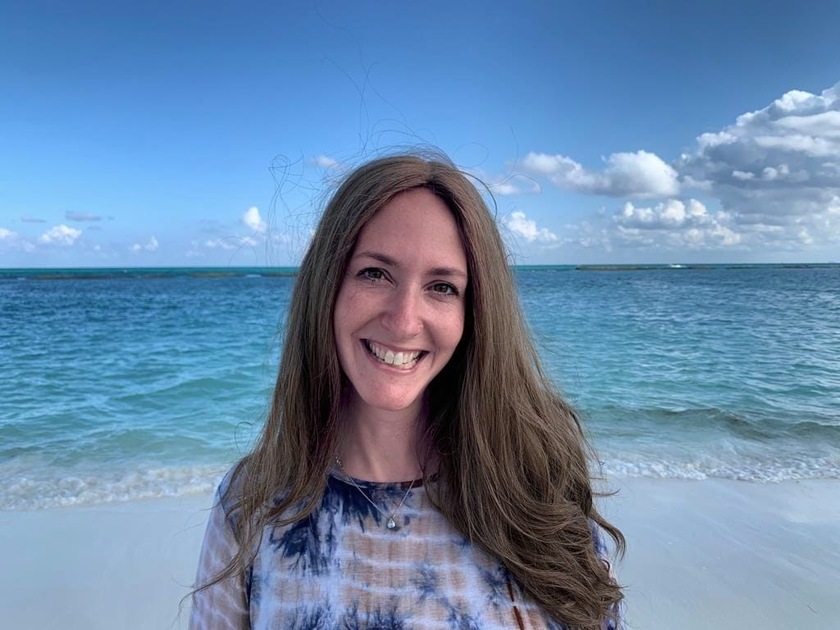
In the midst of all the other serious concerns of these Corona-days, we keep hearing from parents who are concerned about their kids “falling behind” in their schoolwork. This is sometimes fueled by (well-meaning but misguided) school-based educators, who are pressuring families to keep up with their modified “distance” version of classroom learning. For families who are doing well with that- remember to thank your teachers for their dedication. But for the many, many who aren’t, this is for you:
One of the many reasons our family switched from brick and mortar school to homeschool years ago, was that we believe that learning is not meant to be a source of stress or pressure. Nor is it meant to be a strain on parents or children. That children are not meant to be rounded up, propped quietly on chairs, and served pre-digested content for hours on end. That not all kids need to learn the exact same things at the exact same times. We had a vision that instead, learning could be a source of joy and connection. (There are so many benefits we have found; we've never looked back. For this article, I will stick with the educational ones; I'm not even going to elaborate on the scheduling freedom, financial savings, family bonding, and abundant world travel that homeschooling has afforded us.)
I had a conversation with someone during an interview this week, one of those many conversations where I looked back afterwards and said: “Oh, man! I should have answered this, not that..”
We were discussing homeschooling, now of course, but in general, since we’ve done it voluntarily and happily for years. I had mentioned that while we do follow a loose, basic grade level curriculum, we prefer to allow our children to pursue subjects and extracurriculars that interest them.
She was asking: don’t you worry that your kids will have “gaps in their knowledge” if you allow them to spend “too much” time on what they want to learn vs what they “should” be learning? She assumed that somehow one would need to come at the expense of the other. As though there are a limited number of fact children can know, or a limited number of opportunities to learn new things.
I tried to explain that elementary school education is far less standardized than people realize. That institutionalized schooling syllabus is mostly arbitrary, irrelevant, and largely forgotten. That which is retained is subjective and is usually what the individual children later gravitate towards professionally, and then relearn more competently anyway. That they learn spirally- most of what they learn each year is just a repetition of what they have covered in past years, because they are not learning at their own paces; schools have to mass produce. That it’s a far better investment for children to learn from a place of genuine curiosity and enthusiasm, so they develop a joy and desire to learn, than to follow a dry, stale, textbook table of contents. (Which they often don’t finish by the end of June, anyway.) That we don’t expect all adults to be interested or good at the same things, that wouldn’t even be good for society, so why do we do that to kids?
This is how I phrased it on a recent Instagram post: “Current standardized academic curricula are actually just a mostly arbitrary and increasingly obsolete set of skills and facts that get repeated annually with increasingly amounts of detail and decreasing levels of relevance. They all learn to read and compute eventually. They will all memorize, regurgitate, and mostly forget, this random scholastic trivia in varying quantities. They will find their own interests, talents, and ways to contribute to humanity, regardless of the academic institutions they survived. Just relax- breathe, smile, and try to teach your children to be good people.”
I believe all that. But what I should have added, is that when you let children learn with wide open minds, hearts and calendars, they move toward abundance mentality. It’s not “we’re studying this at the expense of that.” On the contrary- there are so many millions of moments of childhood, of life. Studying a topic from a place of real interest releases the sort of dopamine that reinforces learning as pleasurable. The thrill of asking questions and discovering answers releases adrenaline, which fuels more curiosity, and more authentic, memorable learning. The type of learning that happens for its own sake, not for “the final exam,”, the kind that stays with us, because it feels relevant and significant.
Most parents recognize that allowing kids to take piano lessons is not going to cause their reading skills to suffer. On the contrary- the more time they spend pursuing diverse and passionate creative and challenging outlets, the more they hone their brains, confidence, and ability to acquire new skills.
Good education is active not passive. It’s multi-modal and multi-dimensional. It’s about discovering the plethora and variety of multi-faceted beauty in the big, wide world. It’s not about force-feeding developing minds random minutia, and then shaming them into regurgitating it onto tests, only to promptly forget it within the week. Good education is about opening metaphoric and literal doors, for students to see the breathtaking smorgasbord of glittering wisdom available to them for the taking, mostly for free, if you use libraries and the internet.
Auto-didactic, self-guided learning endows children with intellectual autonomy, shows them the potential of their own brains to seek, sift, generate, and integrate knowledge that they will actually care about and utilize. Good education is not a one size fits all, results-based, production. It’s intrinsic and dynamic. Good education stems from a customizable, adaptable perspective, that children are individuals, who learn in different ways, and require different ingredient to grow and thrive- both with the “what” and the “how” of development. Good education doesn’t have a beginning, middle, and end. It is an organic process that begins at birth, blossoms and flourishes in childhood, and continues and morphs exquisitely throughout the lifespan. Good education doesn’t just lecture or preach; it listens, it’s a dialectic. And most importantly, it nourishes the heart and soul, which builds character as well. That’s more valuable than anything they will learn in a textbook.
So whether you are homeschooling just for now, or considering it for longer term, don't stress about externally imposed transient goals. Instead, give yourselves and your children the gift of focusing on your family and what really matters to you all in the big picture.
Check out my new course!
A Religious Families Guide to Healthy Holy Sex Education: Sacred Not Secret
Elisheva Liss, LMFT is a psychotherapist in private practice. Her book, Find Your Horizon of Healthy Thinking, is available on Amazon.com. She can be reached for sessions or speaking engagements at speaktosomeone@gmail.com More of her content can be found at ElishevaLiss.com
 Previous
Previous

